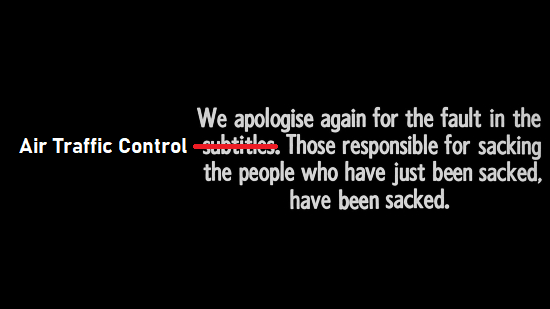

Edit: It’s funny, I’ve noticed they’ve really seemed to prioritise hiring Canadian developers in the last few years. I’ve always wondered if it’s because they feel they can pay us less
I have no idea why, but Canadian IT professionals earn a fraction of their US counterparts. I can tell you its not a skill gap either. I’ve worked with many amazingly brilliant Canadian IT professionals. Its a great untapped market for global talent. Prior to trump, I saw it as a huge asset to American companies to have access to such a highly skilled work force, working in our same time zones, speaking the same language, but costing half of an American salary (or less!). However, trump killed that. I very much miss my Canadian brothers and sisters in IT.


This is part of what I don’t understand. Cost of living in most major cities (Vancouver, the GTA, and to some extent Montréal) generally isn’t 50% less expensive than living in the USA. Yes healthcare is covered, but housing and food prices are quite high.
I don’t understand why IT wages are so suppressed there.